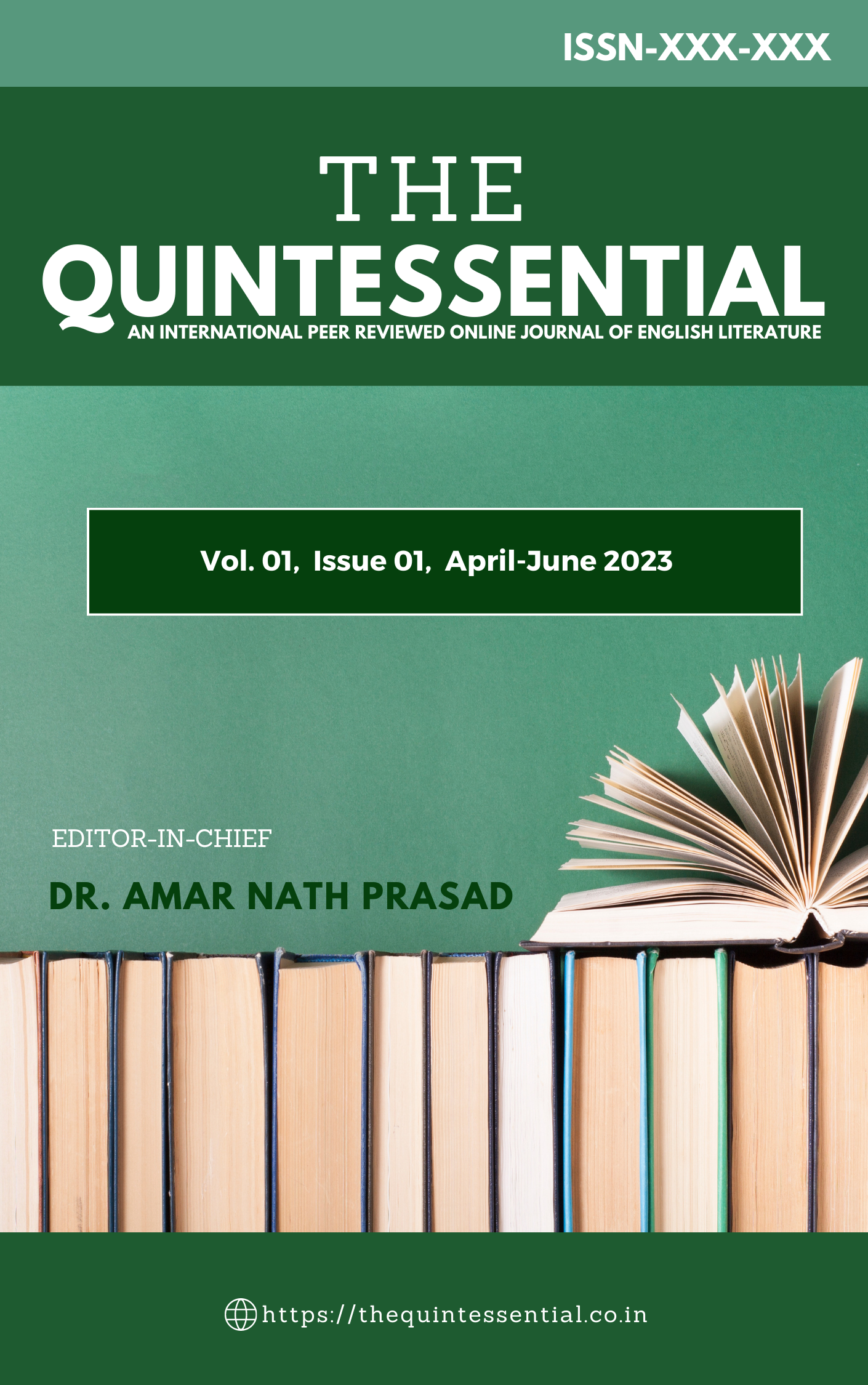Women’s Auto/biographies: The Voice for Justice and Human Rights
Keywords:
Women empowerment, Victimization, Global feminism, Women autobiography, The Voice for Justice, Dalit feminismAbstract
Since the ‘cave culture’ to the digital era, woman’s contributions in welfare of human beings remain valuably unique. This is the era of fast developing science and technology as a result human life, culture, thinking and practices change so fast. So Sophia, a social humanoid robot is welcomed, addressed the UN and was granted Saudi Arabian citizenship. The UN adopted the convention on the elimination of all forms of discrimination against women, women’s rights and elimination of violence against girls and women. The UN and the humanity worldwide wish equality, harmony and dignity of all beings without any discrimination, injustice or cruelties. But in reality, female infant from the womb of Mama, then from childhood has been persecuted by many ways, by many means in every era, everywhere. Orthodoxy based Patriarchy proves many times the prime cause of her misery. Patriarchy power exploits femininity socially, culturally, politically, religiously and makes her delicate, weaker and so victims.
In this paper considering the girl and women at the centre selected four auto/biographies are interpreted. They are Desert Flower by Waris Dirie with Cathleen Miller, The Autobiography of a Sex Worker by Nalini Jamila, I Am Malala: The Girl Who Stood Up for Education and Was Shot by the Taliban by Malala Yousafzai with Christina Lamb and The Last Girl: My Story of Captivity, and My Fight Against the Islamic State by Nadia Murad with Jenna Krajeski. The texts are evaluated from global feminist, socio-cultural and human right perspectives. These texts present unpleasant and painful period of contemporary human history and victimization of women.





